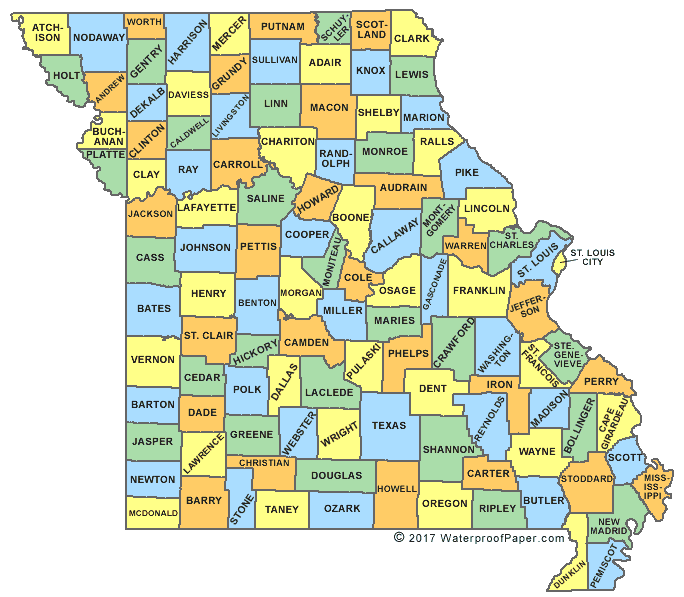George L. Vaughn was a black lawyer and civic leader in St. Louis, Missouri best known for representing J.D. Shelley and Herman Willer in the landmark civil rights case Shelley v. Kraemer (1948). Born to former slaves and raised in Kentucky, Vaughn graduated from Lane College in Jackson, Tennessee, and earned a law degree from Walden University in Nashville, Tennessee. After serving in the Army as first lieutenant in World War I, he practiced law in St. Louis. Vaughn was a prominent member of the Democratic Party in the 1930s and 1940s and a Justice of the Peace in St. Louis in 1936.
Prior to the U.S. Supreme Court’s important 1948 decision, restrictive covenants entered into by real estate associations legalized residential segregation. In 1945, J.D. Shelley purchased a home in St. Louis and moved in with his family. An outraged association of white homeowners served an eviction notice on Shelley. Vaughn was hired by an association of African American real estate brokers to represent Shelley. The case went to the Missouri Supreme Court which upheld the validity of the restrictive covenant. Vaughn, with the backing of the African American real estate brokers, petitioned the U.S. Supreme Court to hear an appeal. During the oral argument, Vaughn challenged these restrictive covenants as “the Achilles heel” of U.S. democracy. The U.S. Supreme Court agreed and ruled that state courts could not enforce racially restrictive covenants, because they violated the equal protection clause in the Fourteenth Amendment which guaranteed “the right of a citizen to purchase and dispose of property.”
In 1948, Vaughn also played a prominent role in the Democratic National Convention in Philadelphia where as a Missouri delegate he argued against his state’s delegation being seated because of the white supremacy provisions in its State Constitution. The entire convention fell just 115 votes short of adopting his proposal. George Vaughn died just two years later, in 1949, in St. Louis.

